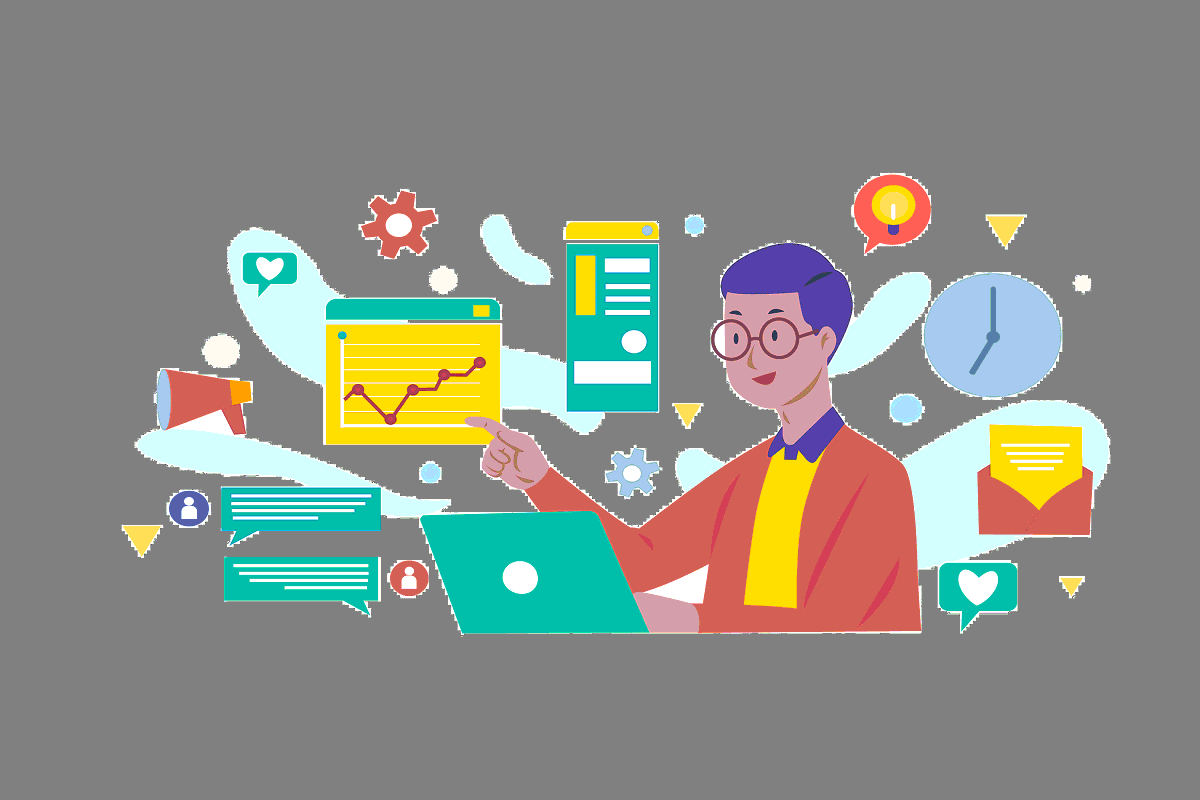
With the increasing use of computers in our daily lives, the need for efficient computer multitasking has become more important than ever. Multitasking is a common practice in today's fast-paced world, but it can have a negative impact on productivity and mental and physical health. In this article, we will explore the impact of multitasking on productivity, best practices for efficient computer multitasking, and the effects of multitasking on mental and physical health.
What is Computer Multitasking and its Impact on Productivity?
Computer multitasking refers to the act of simultaneously performing multiple tasks on a computer. This can include anything from responding to emails, participating in a video call, and completing a project all at the same time. While it may seem like a good idea to get multiple tasks done at once, research has shown that multitasking can actually have a negative impact on productivity. In fact, a study by the American Psychological Association found that constant multitasking can lead to a 40% drop in productivity.
Best Practices for Efficient Computer Multitasking
To maximize productivity and avoid the negative effects of multitasking, it is important to adopt best practices for efficient computer multitasking. Some of these best practices include:
- Prioritizing tasks: Start by prioritizing tasks based on their importance and deadline. Focus on the most important tasks first, and save less important tasks for later.
- Minimizing distractions: Eliminate distractions such as email notifications, pop-up ads, and social media notifications that can interrupt your workflow.
- Breaking tasks into smaller chunks: Large tasks can seem overwhelming, but breaking them into smaller, manageable chunks can make them more manageable and less intimidating.
- Taking breaks: Regular breaks can help improve focus and reduce stress. Try using the Pomodoro Technique, which involves working for 25 minutes and taking a 5-minute break, to keep yourself fresh and focused.
Effects of Multitasking on Mental and Physical Health
In addition to affecting productivity, multitasking can also have a negative impact on mental and physical health. Studies have shown that multitasking can lead to stress, anxiety, and fatigue. It can also impair cognitive function, making it difficult to concentrate and process information.
To reduce the negative effects of multitasking, it is important to take regular breaks and prioritize self-care. Practicing mindfulness, exercise, and taking time to relax can help improve mental and physical health and reduce the negative impact of multitasking.
Tools and Techniques to Minimize Multitasking and Improve Focus
To minimize multitasking and improve focus, there are a variety of tools and techniques that can be used. Some popular tools for reducing multitasking include the Pomodoro Technique, StayFocusd, and Freedom.. There are many tools and techniques available to help minimize multitasking and improve focus. Some of the most popular tools include:
- Pomodoro Technique: A time management technique that involves working for 25 minutes and taking a 5-minute break.
- StayFocusd: A browser extension that blocks distracting websites during specified times.
- Freedom: A tool that blocks access to the internet for a specified period of time.
Latest Research and Studies on the Subject
The impact of multitasking on productivity and mental and physical health is a growing area of research. In recent years, studies have shown that multitasking can lead to a significant drop in productivity and can have a negative impact on mental and physical health. As a result, researchers are exploring new ways to reduce multitasking and improve focus.
Studies have shown that multitasking can have a negative impact on productivity and mental and physical health. In one case study, a software development team implemented a "no-multitasking" policy and saw an increase in productivity by 25%. This highlights the importance of adopting best practices for efficient computer multitasking and minimizing distractions.
Conclusion
Multitasking may seem like a good idea, but the constant switching between tasks can actually decrease productivity and affect mental and physical health. By adopting best practices for efficient computer multitasking, minimizing distractions, and using tools and techniques to improve focus, it is possible to maximize productivity and achieve better results. As the saying goes, "Multitasking is the thief of productivity." By embracing efficient computer multitasking, you can take back control of your productivity and improve both your work and health.





